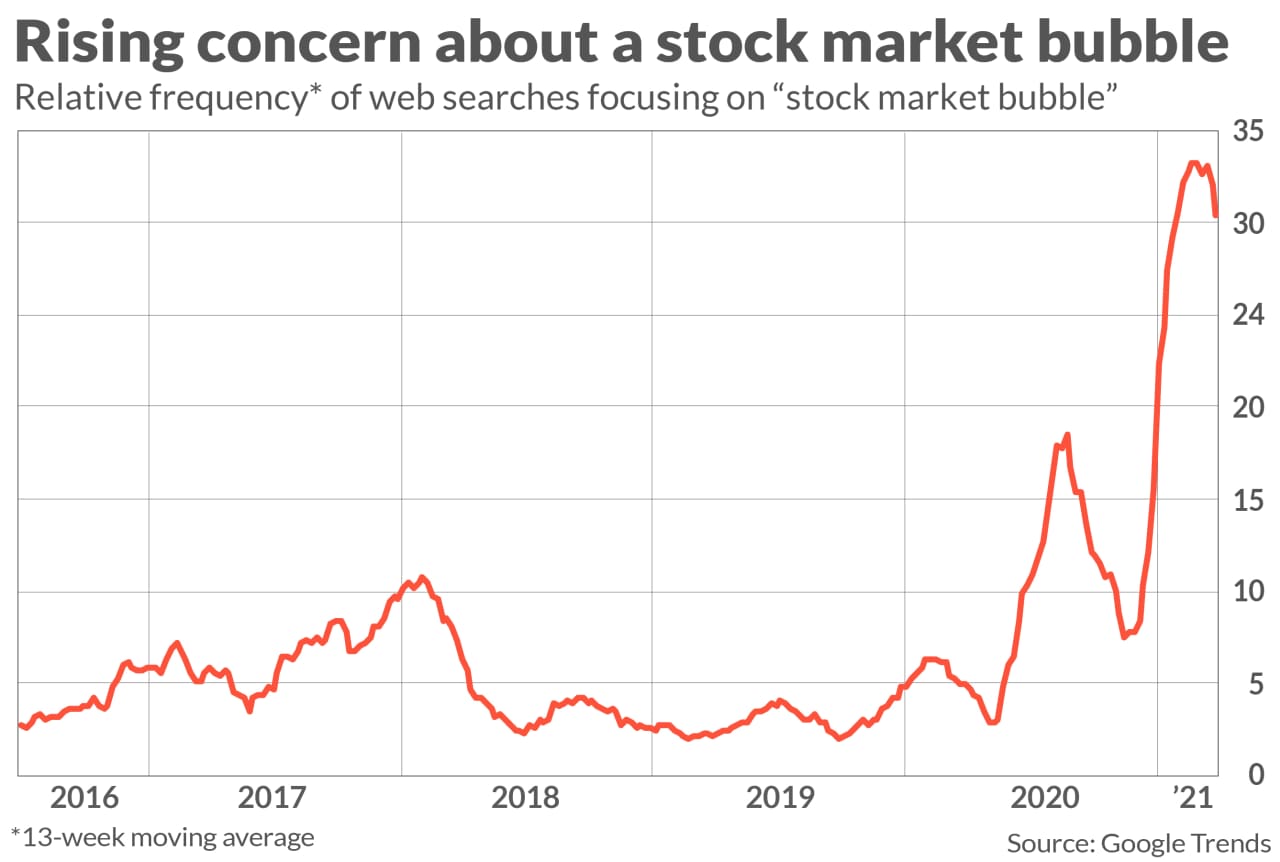
1. Your feelings should be inspected at the door
"Investing success doesn't depend on your intelligence. You need to have the temperament to resist the urges that can cause others to get into trouble. Warren Buffett (chairman of Berkshire Hathaway) is a famous investor and mentor who has been quoted numerous times as a wise man seeking long-term wealth building and market-beating return.
Before we begin, here's a bonus investment tip: We recommend that you do not put over 10% of your money in individual stocks. The rest should be in an array of index mutual funds with low costs. Don't put money into stocks if you don't need it in the next five years. Buffett means investors who allow their minds to guide their investment decisions, but do not follow their gut instincts. Actually, investors who trade too much based on emotions are among the most common ways to hurt their portfolio's returns.
2. Choose the right companies and not ticker symbols
It's easy to forget that behind the alphabet soup of stock quotes crawling at the bottom of each CNBC broadcast is an actual business. Stock picking shouldn't be an abstract notion. Don't forget that buying shares of stock in a company will make you a part-owner of the business.
"Remember that a share of stock in a company makes you part-owner of the company."
When you're searching for potential business partners, you will encounter a wealth of information. It's much easier to narrow to the relevant information by wearing the "business buyer" cap. You'll want to know the way this business operates, its place within the wider market, its competitors, its long-term prospects and whether it can add something unique to the business portfolio you already own.

3. To avoid panic make a plan
Investors are often enticed to alter their relationships with their stocks. However, making decisions in the heat of the moment can lead to the classic investment error of purchasing high, and then selling cheap. Journaling can come in handy. You can write down the qualities that make each stock in your portfolio a worthy commitment. When you are clear about your thinking, you can consider whether or not it would be a good idea to end the relationship. This can be used as an example:
Why I boughtit: Explain what you like about the company and what opportunities you see for the future. What are the expectations you have? What are the most important metrics? What milestones will you be using to assess the company's performance? You can identify potential pitfalls and identify which will change the game.
What is the reason I should sell: There are often good reasons to sell. This section of your journal should contain an investment prenup. It should explain what you would do to make the shares more sellable. We don't want the price of stock to fluctuate, particularly in the short term. However, we want to address fundamental changes to the business that could affect the company's ability to grow over time. Examples: The business loses a significant customer or the CEO's successor begins going in the opposite direction, a major competitor appears or your investment thesis does not work out over an appropriate time.
4. Slowly increase positions
An investor's greatest asset is their ability to invest at a time, not timing. Investors who have the most success buy stocks to expect to receive rewards, whether that's by dividends or share price appreciation. -- over many years or even for decades. That allows you to buy with patience. These three buying strategies can help you reduce your risk of price volatility.
Dollar-cost average : It may sound complicated , but it's actually not. Dollar-cost averaging is the process of investing a specific amount at regular intervals. For example, every week or month. This amount can be used to purchase additional shares in the event that the price decreases and less shares when it rises. However, overall it's equal to the price you pay. Online brokerage companies permit investors to establish an automated investing plan.
Purchase in threes. This is like dollar-cost-averaging. It is a way to avoid the downbeat experience of poor results right at the beginning. Divide the amount of money you'd like to invest by three. Choose three points from which to buy shares. They can be purchased regularly scheduled (e.g., monthly or quarterly) or in response to performance or events. You can buy shares to anticipate the product's launch, and use the rest to transfer funds from other sources, if it is successful.
There is no way to choose which company in a certain industry will win the long-term. All stocks are great! Buying a basket of stocks reduces the stress of choosing "the right one." You won't lose out on any company that meets the test, and you can also use the gains of the winning stock as a hedge against losses. This method will allow you to identify which one is "the one", so you can double your position if you wish.

5. Beware of excessive trading
You should be checking the stocks every month, whenever you get quarterly reports. It isn't easy to not keep your eyes at the scoreboard. This can result in responding too quickly to short-term changes, focusing on the share price rather than company values, and thinking that you must do something even though it's not required.
Learn the cause of a stock's sharp price swing. Is your stock suffering collateral damage as a result of the market's reaction to an unrelated event , or is it the one who was hit? Is there any change in the business's fundamentals? Do you think it will have an impact on your long-term outlook? effect on your outlook for the future?
It's rare that the short-term noise (blaring headlines and price swings) affects the long-term performance of a well-chosen business. It's how investors respond to noise that really matters. This is the place where your investment journal, a calm voice that speaks to you during times of uncertainty, can help you stick it out through the inevitable ups and ups that are associated from investing in stocks.